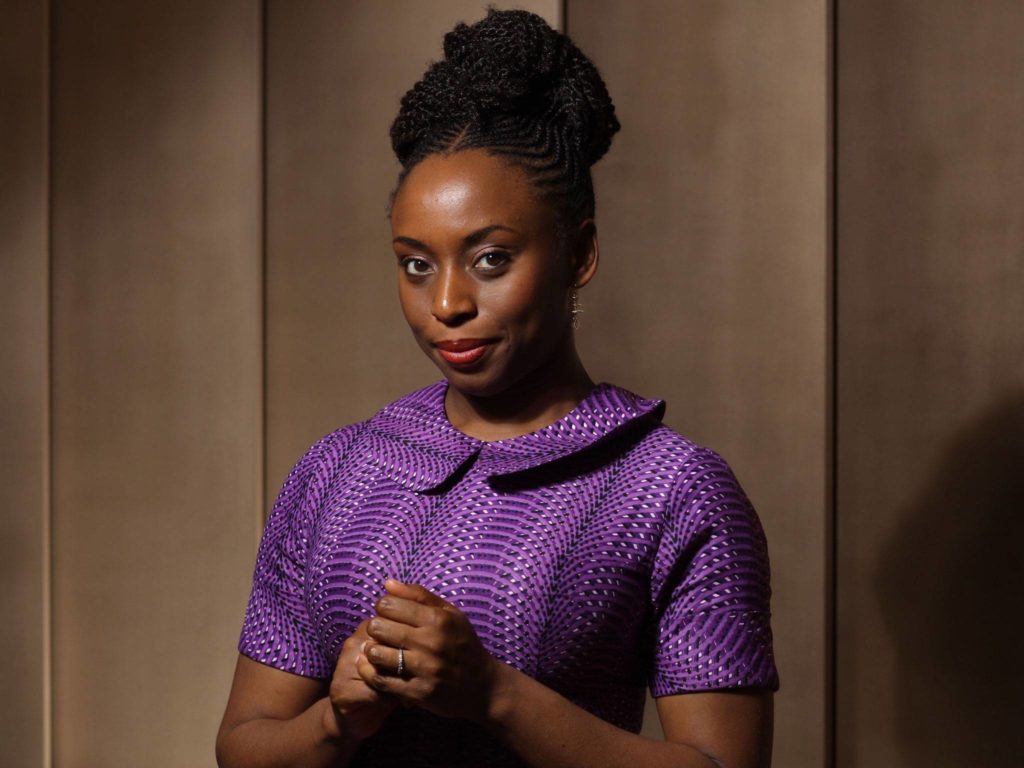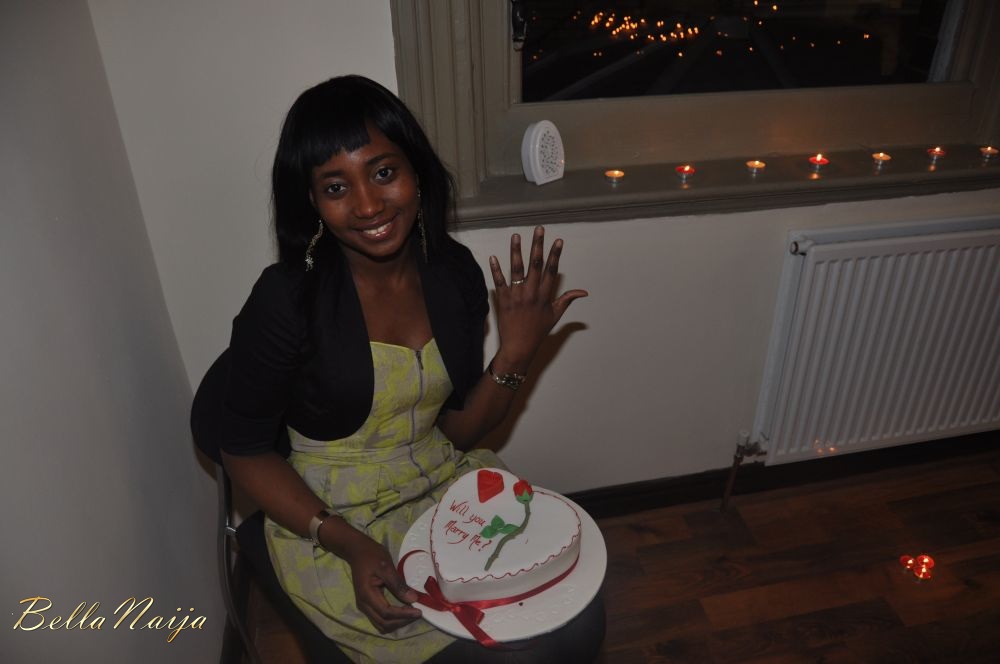


I felt lonely because the people I love, the people I spend time with, are mostly - and these are people who are not just black, so people from different parts of the world, different races - people who get anti-black racism. But I have often felt lonely in my anger about sexism. It’s not a suggestion somehow that sexism is worse than racism, because I don’t think so. You write that you are angrier about sexism than racism. It’s the idea of a woman being her full, separate self. A woman having a job is kind a pushback to that idea. I think to be female is often to be encouraged to measure your worth based on how much of yourself you’re able to sacrifice. But I also don’t think that that’s a reason not to have a job, particularly if you’re a woman. I think of course the ideal is you love your job, but the reality is that many people don’t. She has received honorary doctorate degrees from Eastern Connecticut State University, Johns Hopkins University, Haverford College, Williams College, the University of Edinburgh, Duke University, Amherst College, Bowdoin College, SOAS University of London, American University, Georgetown University, Yale University, Rhode Island School of Design, Northwestern University, University of Pennsylvania, Skidmore College and University of Johannesburg.Why do you think it’s good for a mother to have a job, even if it isn’t a job she loves?īecause one of my favorite sayings in Igbo translates very loosely to ‘A woman must have her own.’ And that’s why. In 2008, she received a MacArthur Fellowship. She was awarded a Hodder fellowship at Princeton University for the 2005-2006 academic year, and a fellowship at the Radcliffe Institute of Harvard University for the 2011-2012 academic year. She has a Master’s Degree in Creative Writing from Johns Hopkins University and a Master of Arts degree in African History from Yale University. She graduated summa cum laude from Eastern Connecticut State University with a degree in Communication and Political Science. She studied medicine for a year at Nsukka and then left for the US at the age of 19 to continue her education on a different path. She grew up on the campus of the University of Nigeria, Nsukka, where her father was a professor and her mother was the first female Registrar. Chimamanda Ngozi Adichie was born in Enugu, Nigeria in 1977.


 0 kommentar(er)
0 kommentar(er)
